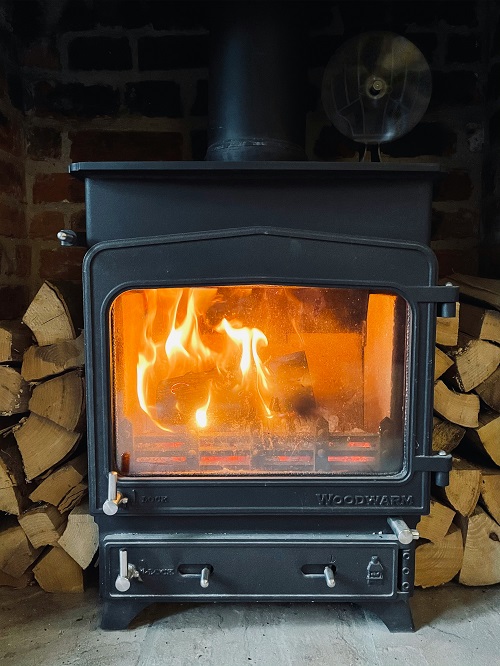Clean Cooking Stoves Business

Type: Trading
Key Product/s for Sale: Clean cooking stoves
Technology Considerations: Utilizing advanced clean cooking stove technology to reduce emissions and improve fuel efficiency.
Market for the Product/s: Targeting households, restaurants, and small businesses in Kenya seeking eco-friendly cooking solutions.
Key Inputs into the Business:
- Materials: Procurement of clean cooking stove units from manufacturers.
- Labor: Sales and marketing staff, as well as technicians for installation and maintenance.
- Equipment: Office equipment, vehicles for delivery and installation.
Product Preparation Process: Sourcing clean cooking stoves from manufacturers, conducting quality checks, and arranging for delivery and installation at customer locations.
Quality Considerations: Ensuring that all clean cooking stoves meet international quality standards for emissions reduction and fuel efficiency.
Cost of Investment:
Training: There are free YouTube videos online that are quite easy to follow
Materials (ie): To produce such a cook stove, two main materials are required: clay for the ceramic part and metal for the structure. The stove’s molding is made from mild sheet metal, which can be sourced from scrap metal, such as old bitumen drums all these can be sourced locally for less than 20,000 ksh.
Marketing expenses: Social media and fliers 10,000ksh.
Required Operational Infrastructure: Office space for administrative functions, storage facilities for inventory, and vehicles for delivery- 10,000 (cost can be lower because this can be done at home)
Most Suitable or Viable Location of the Business: Urban areas with a high population density and a growing awareness of environmental issues.
Potential Sources of Investment Capital: Small business loans, grants from environmental organizations, and partnerships with clean energy investors.
Requirements for Effective Management: Strong leadership, efficient inventory management, effective marketing strategies, and a focus on customer satisfaction.
Role of Mobile Phone and ICT in the Business:
Utilizing mobile phones and ICT for online marketing, customer communication, and inventory tracking.
Statutory Regulations and Licenses:
- Compliance with environmental regulations: Required Permit and License:
- Manufacturers and importers of clean cooking stoves must obtain a permit that ensures their products meet specific standards.
This includes subjecting their appliances to energy performance testing per the applicable Kenyan Standards for clean cooking stoves.
This testing is mandatory to ensure that the stoves are efficient and environmentally friendly.
Obtaining necessary business licenses and permits:
- To start a business in Kenya, you need to register your company with the Registrar of Companies using forms like CR1, CR2, CR8, and a Statement of Nominal Capital.
- Register your business name to avoid conflicts. Get a KRA PIN and register for taxes like VAT if your turnover is high enough.
- Foreigners need work permits from the Ministry of Immigration.
- Depending on your industry, you might need specific licenses and permits, like healthcare licenses or county Single Business Permits.
- Finally, follow Kenya’s employment laws for wages, working hours, and safety standards. This would cost a maximum of 10,000 ksh
Pricing: Competitive pricing strategy to attract customers while ensuring profitability.
Improved household cookstoves in Kenya come in different types and prices:
A two-pot stove made from local materials like mud by local artisans costs between Ksh. 2,500 and Ksh. 5,000, depending on the materials.
Portable ceramic stoves cost between Ksh. 300 and Ksh. 500. Portable metal stoves made by local producers cost around Ksh. 800 to Ksh. 1,000.
Profitability: Projected profitability based on sales volume, pricing strategy, and operational efficiency.
Next Steps to Take:
- Finalize procurement agreements with clean cooking stove manufacturers.
- Develop a marketing plan to target key customer segments.
- Secure necessary licenses and permits for business operations.
- Establish partnerships with environmental organizations and clean energy investors.
- Launch marketing campaigns to raise awareness about eco-friendly cooking solutions.

